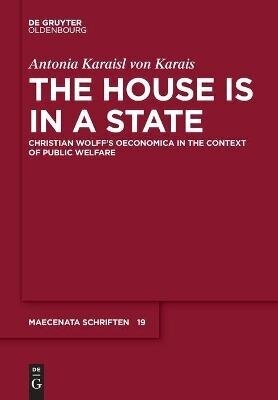Karais focuses on the final work of 18th-century philosopher Christian Wolff (1679-1754), the Oeconomica methodo scientifica pertractata, which she characterizes as a rationalist guide to domestic morality. Wolff began his academic career in mathematics, she says, but soon expanded into natural, theoretical, and moral philosophy. He made a name for himself by writing in vernacular German when Latin still ruled at German universities. She covers the hallmarks of Wolffian philosophy; a contextual reading of the Oeconomica methodo scientifica pertractata; Oeconomica, natural law, and social welfare in the absolutist state, and Michael Hanov's completion of the Wolffian system. Annotation ©2021 Ringgold, Inc., Portland, OR (protoview.com)
The book focuses on methodology, argument and context of 18th century philosopher Christian Wolff’s last book, the Oeconomica. This work, a rationalist guide to household morality, is discussed in conjunction with Wolff's natural law-based welfare state theory. A case study at a cross-section of philosophy, political science and history, it dissects the ideological conflation of private and public interest in the absolutist state.
